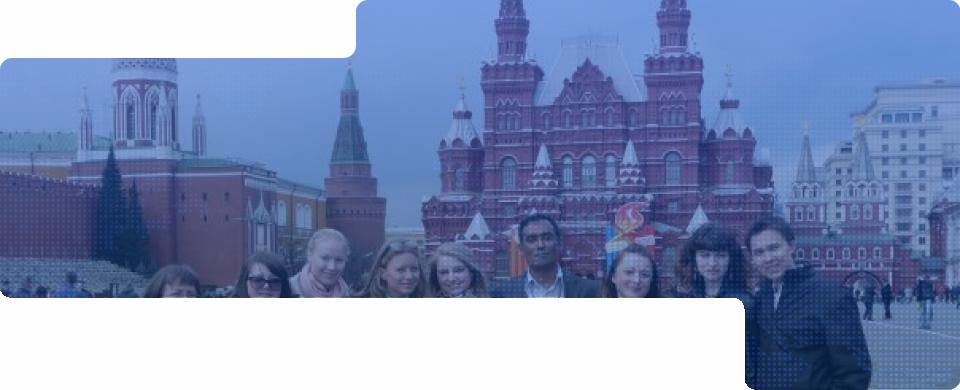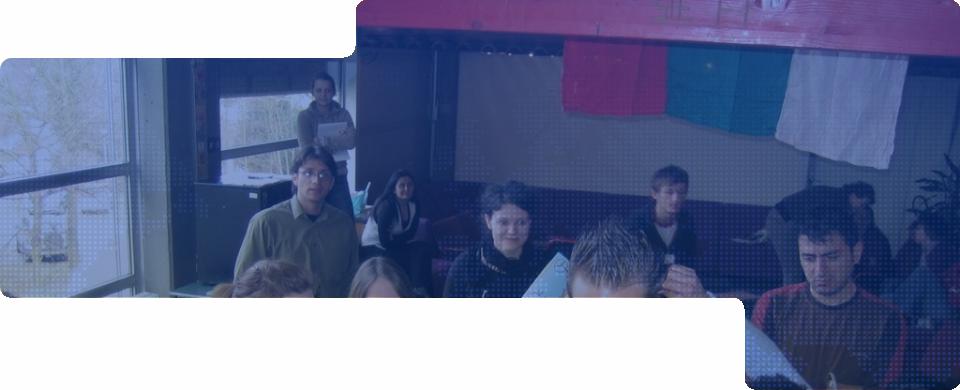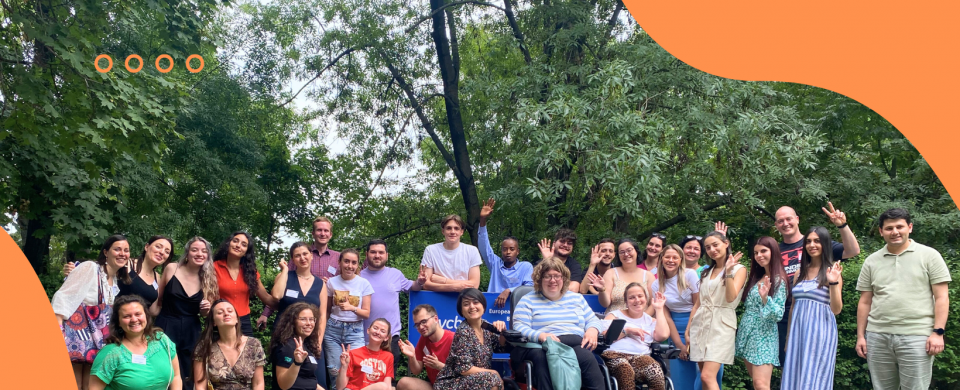Open Youth Work Impacts Young People`s World, 2nd edition
Open Youth Work Impacts Young People`s World, 2nd edition
In 2016, ECYC is celebrating 40 years of existence. Four decades of support to quality open youth work that empowered and still empowers generations of young people across EU and Council of Europe member states.
Among the many lessons learned in these 40 years, one element in particular has always been present: the constant difficulty to reach a conclusive agreement on an international definition of youth work and its methods. Difficulty, not impossibility. The vagueness of the youth work practice, apparent at the European level, is firstly due to the national and regional variations in youth work provision, in the reach of youth work as set out from country to country and region to region, on whether it is supported by professional employees or volunteer youth workers, the differences in youth (work) policies, as well as the differentiation of focus and means when it comes to international co-operation in youth programs. Or, with the words of Howard Williamson: “If anything goes, it is hard to identify the defining features of youth work.”
One way of surpassing this fragmentation and the boundaries between different youth work practices is to look at practical examples of what youth clubs and open youth work organisations are doing. Then, we will see that there is a pattern that emerges: the purpose of Open Youth Work is to offer young people, on the basis of their voluntary involvement, developmental and educational experiences which will equip them to play an active part in our democratic society as well as meet their own developmental needs.
The key to a better youth work practice and youth policy is better knowledge and understanding of youth. We need to make a committed effort to document, share and learn more from our experiences. We need to look for and develop more and better resources and tools that should be freely made available, in order to provide relevant knowledge on the (sometimes versatile) dimensions of youth work. Looking at the examples of varied youth work practices and approaches can be a very useful and a rich source of inspiration when conceiving future approaches, when reflecting on our work, and when looking for possible international practice matches. Hopefully it will lead to producing innovative ideas on how to tackle today’s challenges.
ECYC and its member organisations are always committed to sharing existing knowledge and understanding of open youth work with as many relevant youth actors as possible in Europe. In this sense, this publication is a small ‘taste’ of the great work of open youth work organisations across Europe. Weather the reader has a working definition of open youth work or not, s/he will agree that the projects presented by the respective organisations are a token that today quality open youth work is carried out all across EU and Council of Europe member states.









